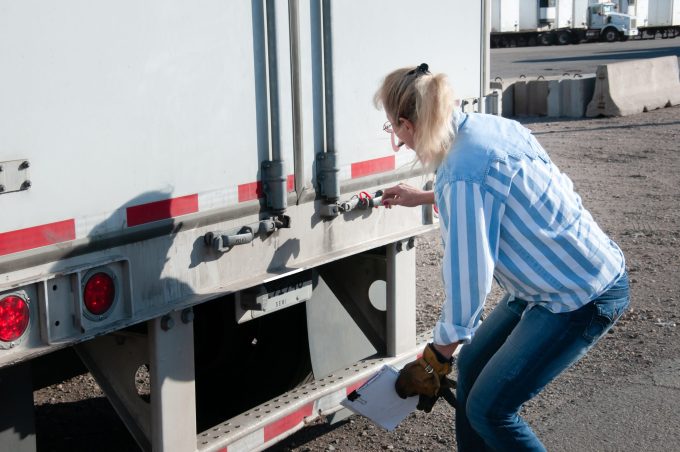Crime gangs using fake security seals to access China-to-US containers
The ability to access and replace the seal on containers is triggering increased amounts of ...

Cargo crime “is really going through the roof everywhere, globally”, according to the president and CEO of the Transport Asset Protection Association (TAPA) EMEA, Thorsten Neumann; but a reluctancy to act by crime prevention authorities and a high cost of living is making the US a hotspot.
“When the economy is going down, crime is always going up… High pricing and inflation means automatically that criminal activities are going up,” Mr Neumann explained.
And Brandon Fried, executive director of the American ...
Volcanic disruption at Anchorage could hit transpacific airfreight operations
Macron calls for ‘suspension’ – CMA CGM's $20bn US investment in doubt
Forwarders stay cool as US 'liberation day' tariffs threaten 'global trade war'
De minimis exemption on shipments from China to the US will end in May
Shippers snap up airfreight capacity to US ahead of tariff deadline
Tighter EU import requirements proving 'a challenge' for forwarders
Looming Trump tariffs will create 'a bureaucratic monster' for Customs

Comment on this article